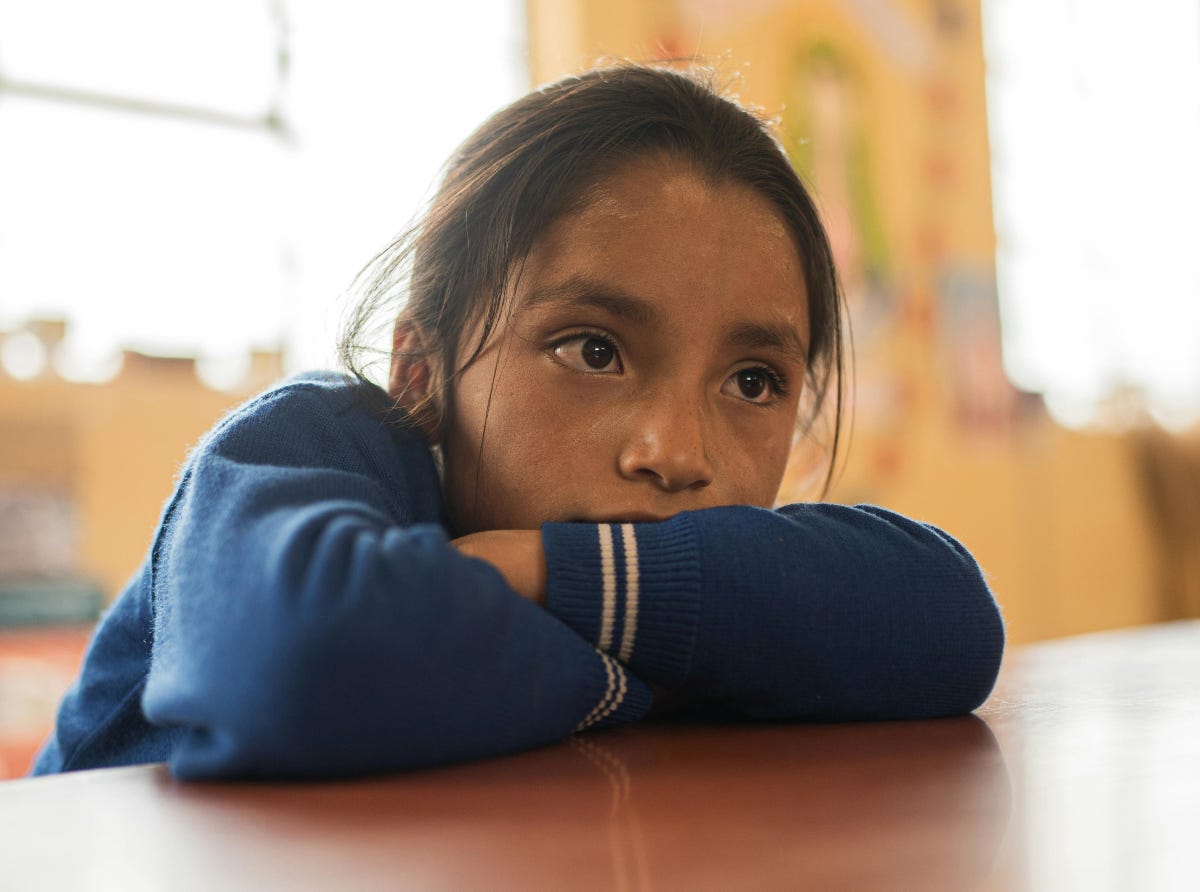How Do You Say Good Morning?
Even a 7-year-old can make life better! A story for children ages 4-8.
Raizy hates the silence
of vacation days
at the Jewish Senior Apartments
where her mom works.
One by one,
ancient women shuffle in,
buy a little food,
and sit alone.
Only the radio
whispers in the room.
Mom says
the women come from many countries
and don’t share a language.
Raizy crosses her arms and shakes her head.
One morning she says “Good morning”
to a friendly-looking woman.
The woman smiles. “Dobre utra,
That good morning in Russian.”
“Dobre utra,” repeats Raizy.
The woman takes her muffin and coffee
and sits.
Raizy goes over to another table. “Dobre utra.”
The woman makes a face. “I from Lithuania.
I no like Russians. We say Labas rylas.”
She struggles to her feet, pushes her unfinished muffin away,
and stomps out.
Tears fill Raizy’s eyes.
Why did the woman get mad?
Mom shrugs.
“In a long life there’s lots of time
for bad things to happen.”
Thinking, Raizy munches on a hot-from-the-oven
oatmeal cookie.
Then she goes over to another woman
and says, “Dobre utra. Or labas rylas. Good morning.”
This woman laughs. “I am from Iran. We say subh bakheer.”
”Subh bakheer,” repeats Raizy.
“Good morning to you, too,” says the woman.
Raizy goes from table to table,
greeting everyone.
Mrs. Cohen tells her that Hello is sabah-al-khayer in Arabic, bonjour in French and boker tov in Hebrew.
She adds that she spoke Arabic and French as a child in Morocco,
and Hebrew after her family went to Israel
after they were forced out of Morocco when she was seven,
and now English since moving to be near grandchildren.
Mrs. Binder says, “We said buna dimineata when I was young in Romania, before World War II.”
“In Ethiopia we said, milikami idili,” says Mrs. Kabede.
Raizy narrows her eyes and looks around.
She remembers the first day of kindergarten,
when everyone was strange
and they were afraid of each other.
She thinks, Maybe they’re just shy too!
That night, she tells Mom her idea.
Next day Mom pushes all the little tables together
and Raizy slides chairs around.
Mom puts out a tray of muffins
and jugs of coffee and tea
with a sign: Free.
Each old lady comes in,
looks around,
and sits, staring at her food.
No one speaks,
until Raizy says,
“Subh bakheer, sabah-al-khayer, labas rylas, dobre utra, buna dimineata, milikami idili.”
Each lady looks up when she hears her language.
“Tell me about when you were little like me.”
The ladies look at each other
and fumble with their cups.
“Please!” Raizy smiles into each person’s eyes.
One by one the old ladies speak
in halting English
and strong accents.
Other ladies come in and sit down.
Mom brings more muffins and drinks.
Now the café is noisy
with old, cracked voices
and laughter
as the ladies
share their stories.
Raizy sits with them
and listens
as they all learn
they are more alike
than different.



